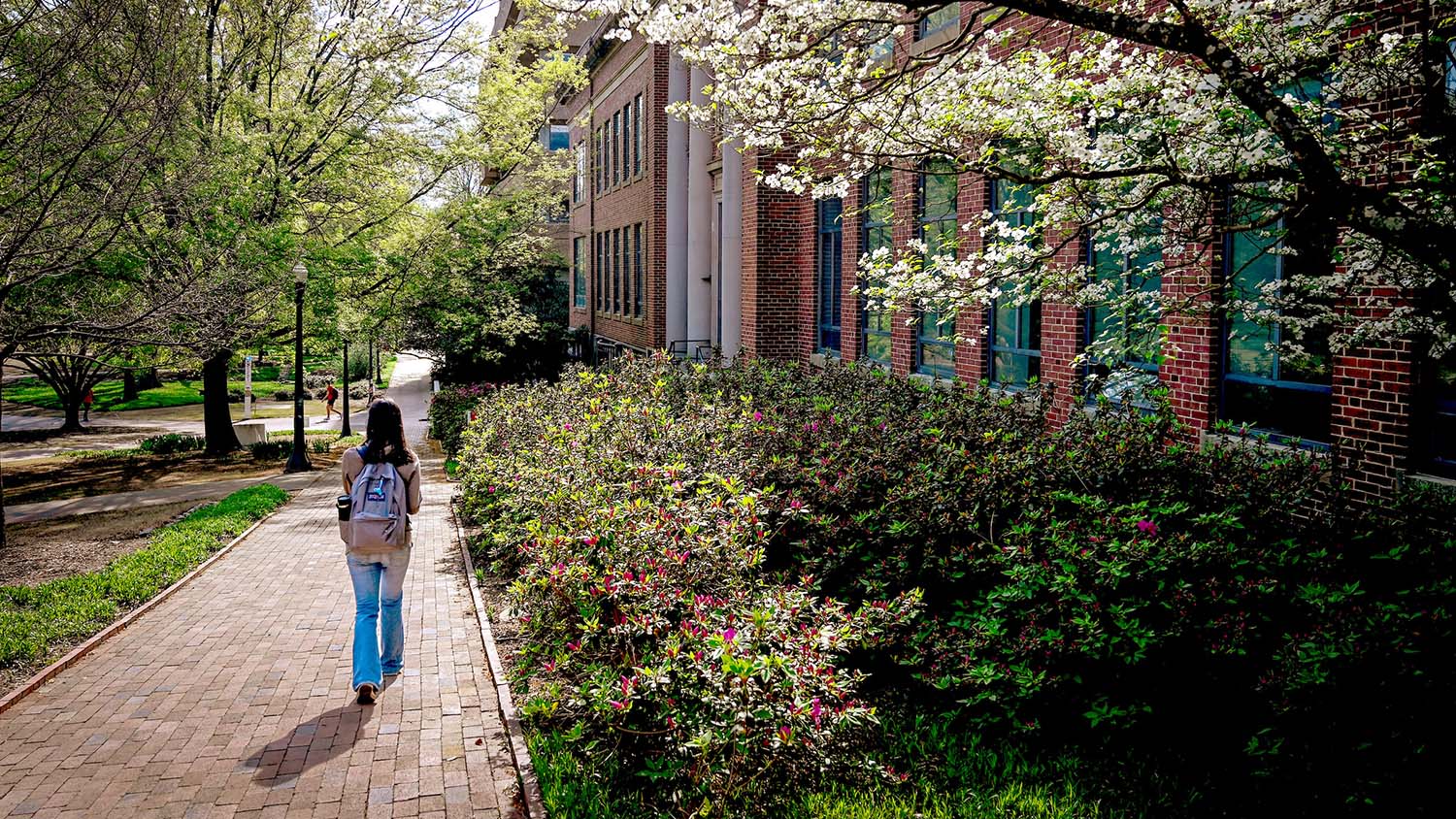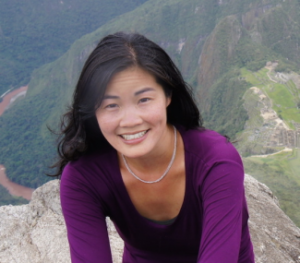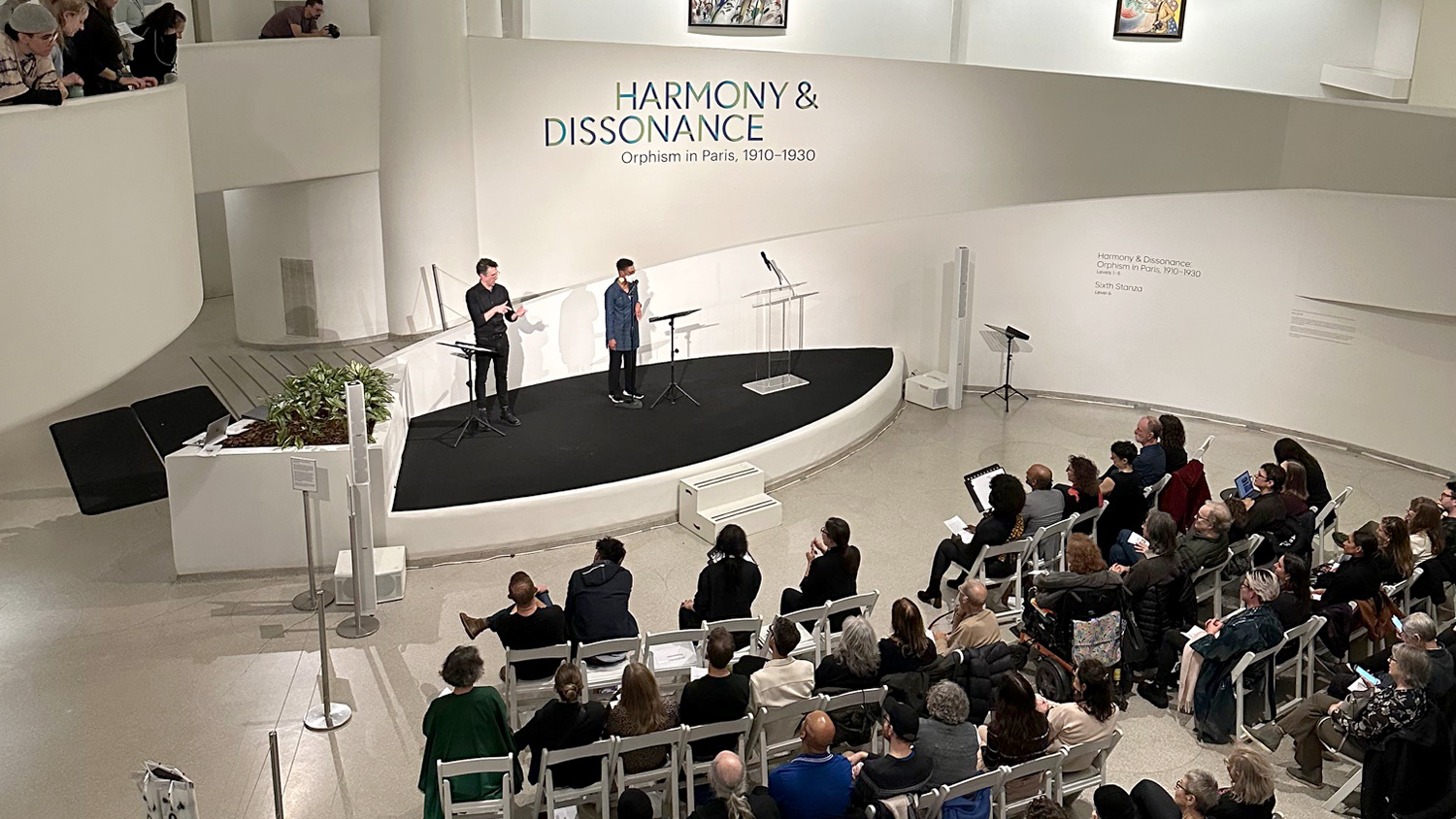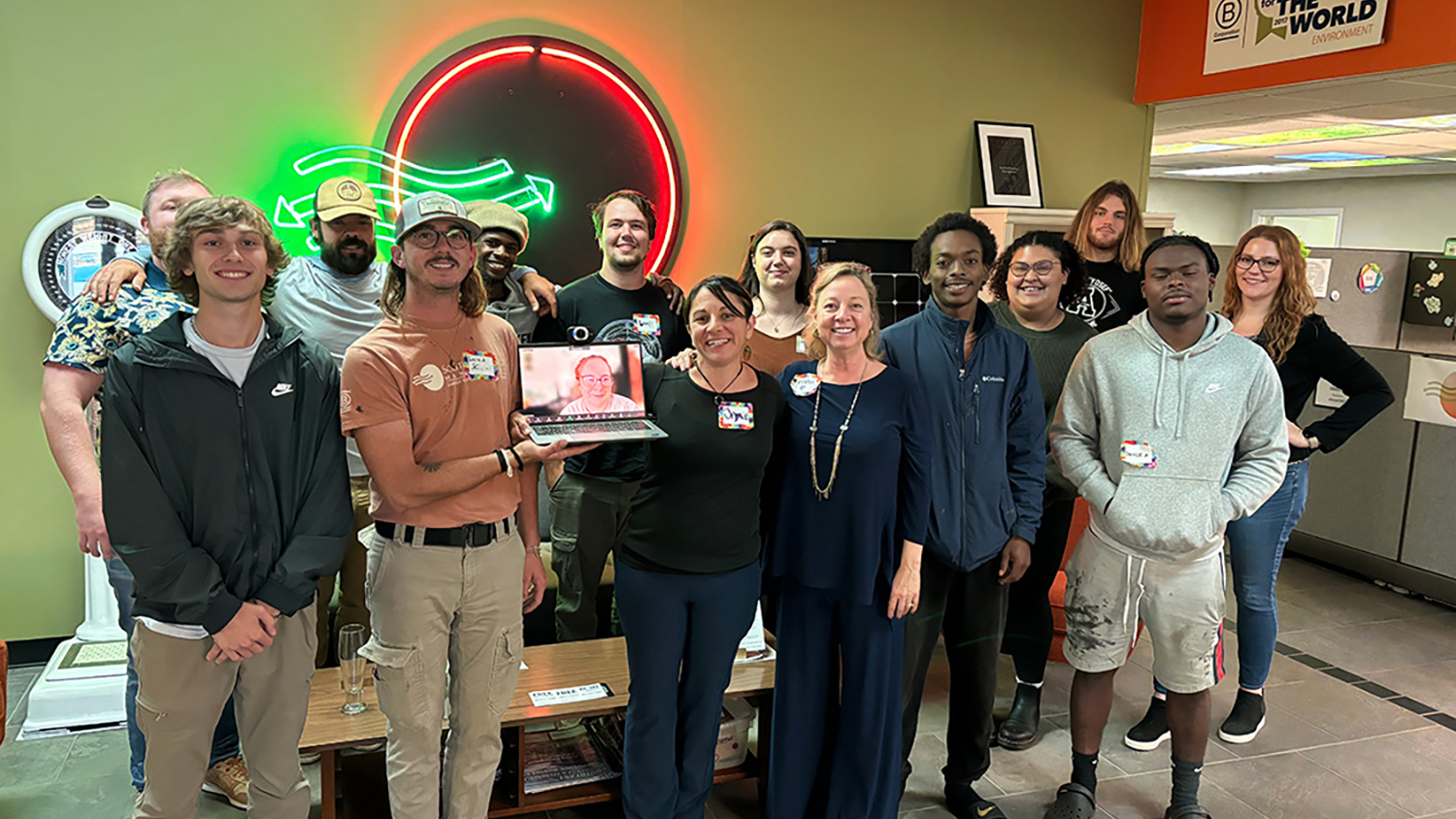Two Faculty Members Named National Humanities Center Fellows

Two Humanities and Social Sciences professors have been named National Humanities Center Fellows and will spend the next academic year working on individual research projects.
The center named English professor Belle Boggs and history professor Susanna Lee two of 31 scholars from around the world who will serve as resident fellows during the 2024-25 academic year. They will each work on their respective book projects during their stay and have the opportunity to share ideas in seminars, lectures, and conferences at the center.
The two faculty members were selected from a pool of 492 applicants. They join a group of 35 NC State humanities scholars who have served as fellows since 1978.
The National Humanities Center is located in Research Triangle Park. It offers nearly 40 residential fellowships each year for advanced study in all areas of the humanities.

Belle Boggs
English professor Boggs will work on Big Yellow Bus: The Essential American History of a Disappearing Public Good. Her book traces the history of the American school bus — from the first pooling of community resources to create larger, centralized schools, to using school buses as a desegregation tool. It also explores the factors that threaten bus ridership today, including public school defunding and privatization.
What inspired her to write the book? “I found myself in an elementary school car line when my older daughter was in kindergarten, wondering what my choice to drive meant for her, for me, for the community, and for the environment,” said Boggs. “I thought about my own time as a bus rider in rural Virginia, and how getting on the bus was this distinct community experience, very separate from the parented world at home or the world of desks and teachers at school. The chance to be bored, to play games with kids not in my grade or class, and to daydream was a real part of my every day. If I took that away from my child, to optimize her time, what was that removing? And if we don’t need as many buses, because privileged parents are picking their children up and dropping them off, how does that affect kids whose families don’t have that ability? How long do bus routes become, for those kids and the drivers? And what about the drivers and their crucial, but undervalued role in our school systems?
“I looked at how bus ridership has declined since I was a kid in the 1980s — not because more of us walk to school, but because so many families use private transportation. I read about the school bus riots in Boston and many other cities when buses were used to desegregate schools, and I thought about the way that white motherhood was weaponized in protests and in choices to remove their kids from public schools. Then I looked further back and learned that one of the principal cases in Brown v. Board of Education, Briggs v. Elliott, was in demand of school bus access for Black children in segregated, rural South Carolina. The more I learned, the more I understood that the fight for safe, reliable school transportation was deeply connected to the history of racism and white supremacy in our country.”
Boggs, an award-winning author, added that the book’s goal is to inform readers about collectivism and the public good in a time when these values are threatened; and to show how one small (or big and yellow) lens can offer a way of understanding our country both at its best and at its worst.
For more information about Boggs, visit her website.

Susanna Lee
Lee, an associate history professor, will work on Unsettling Claims: Natives and Newcomers in the US-Dakota War. Her book examines the dispossession of the Dakotas in the US-Dakota War and how their subsequent attempts at reclamation destabilized American settler society.
“Throughout US history, American settlers worked to replace and erase Native peoples and to take Native lands,” she explained. “The US-Dakota War is one instance of many in which Native peoples resisted replacement and erasure and tried to take their lands back. Dakotas took steps toward literally unsettling American settlers in August 1862 by waging war to reclaim lands lost to American encroachments. Through the US-Dakota War and its aftermath, the Dakotas produced another kind of unsettling: internal conflicts and disturbances among Americans over the nature and permanence of settler society. In their efforts to reverse their losses in the war, Dakotas continually exposed how Americans violated their ideals and principles in their dealings with Native peoples.”
Explaining what inspired her to write the book, Lee said that she wanted to tell the story of the Dakotas’ efforts after the US-Dakota War to escape US confinement, return to their homelands, and recover their confiscated funds.
The project’s goal, she added, is twofold. One is to examine the relentlessness and the destabilizing effects of those attempts on American settlers and institutions. The second is to grasp the complicated and agonizing decisions Dakotas had to make in their efforts to survive replacement and erasure and to reverse the losses of the US-Dakota War.
For more information about Lee, visit her faculty page.
This post was originally published in College of Humanities and Social Sciences.
- Categories:


